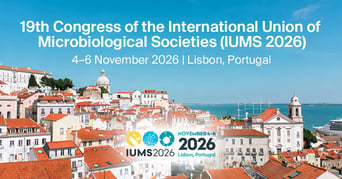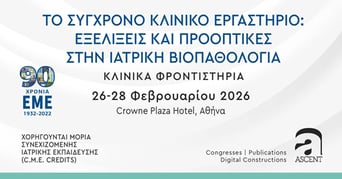- 4.2Impact Factor
- 7.7CiteScore
- 20 daysTime to First Decision
News & Conferences
Latest News & Announcements
Latest Conferences
Propose a Conference Collaboration
Promote and publicise your upcoming conference with MDPI.
All News & Conferences
Partner Conference
IUMS 2026 Congress
4 - 6 November 2026
News & Announcements
Acknowledgment to the Reviewers of Microorganisms in 2025
3 February 2026
News & Announcements
MDPI INSIGHTS: The CEO's Letter #31 - MDPI 30 Years, 500 Journals, UK Summit, Z-Forum Conference, APE
2 February 2026
News & Announcements
Microorganisms | Explore Selected Papers on Nipah Virus Research
30 January 2026
Partner Conference
Days of the Hellenic Microbiological Society 2026
26 - 28 February 2026
News & Announcements
World Neglected Tropical Diseases Day, 30 January 2026
29 January 2026
News & Announcements
World Leprosy Day, 25 January 2026
22 January 2026
News & Announcements
Meet Us at Days of the Hellenic Microbiological Society 2026, 26–28 February 2026, Athens, Greece
15 January 2026
News & Announcements
MDPI’s Newly Launched Journals in December 2025
9 January 2026
News & Announcements
International Day of Epidemic Preparedness, 27 December 2025
25 December 2025
News & Announcements
Meet Us at the ESCMID Global 2026, 17–21 April 2026, Munich, Germany
19 December 2025
of 23









